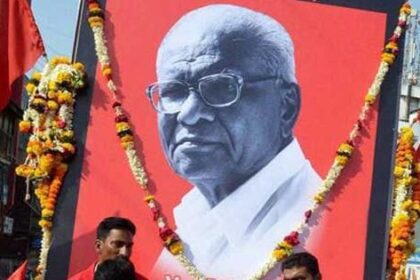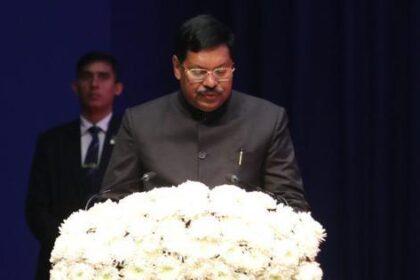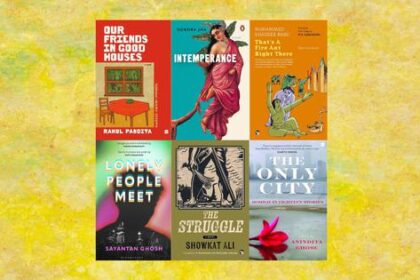Krasznahorkai’s award highlights the enduring value of serious literature in an increasingly distracted world.
The reading experience of László Krasznahorkai’s works can evoke feelings of disorientation and alienation, paralleling the predicaments faced by his characters. His narratives often delve into complex themes, such as a woman’s memoir detailing her zealous upbringing under a so-called godman, or a nuanced Hindu-Muslim romance penned by the first female writer from Sindh. His storytelling transcends genres, evident in the children’s biography of B.R. Ambedkar, which explores his formative years and the educators who influenced him.
Krasznahorkai’s recognition by the Swedish Academy, awarding him the Nobel Prize for Literature on October 9, underscores the significance of his “compelling and visionary oeuvre.” The Academy commended his ability to reaffirm the power of art amidst an era characterized by immediacy, distractions from digital culture, and the entertainment industry. His literary journey began in Hungary with the publication of Satantango in 1985, a tale set in a rain-soaked village visited by a mysterious figure whose true identity remains ambiguous—prophet, Satan, or merely a con artist.
This debut novel laid the groundwork for a series of ambitious works that have solidified Krasznahorkai’s position as a pivotal contemporary writer. Subsequent novels like The Melancholy of Resistance (2019) and Baron Wenckheim’s Homecoming (2016) explore themes of social disintegration and the impact of enigmatic figures on communities. The former presents a charismatic character, the Prince, who disrupts a small town with a rebellious carnival, while the latter tells the story of an aristocrat returning to Hungary, burdened by a gambling debt.
Krasznahorkai’s broader acclaim grew in the 2000s, particularly following the English translations of his works, including War and War (1999) and The Melancholy of Resistance. His receipt of the International Booker Prize in 2015 and the National Book Award for Translated Literature in 2019 for Baron Wenckheim’s Homecoming further propelled his global recognition. Critics often describe his fiction using terms like “hopeless,” “obsessive,” and “unsettling.” Cultural critic Susan Sontag famously referred to him as the “contemporary Hungarian master of the apocalypse.”
Three key characteristics define Krasznahorkai’s writing: his portrayal of social disintegration, an atmosphere of dread, and his innovative narrative techniques. He masterfully captures a pervasive sense of dread in his works, reflecting the anxieties of living under authoritarianism without resorting to direct allegory. For instance, in his 2013 book The World Goes On, he presents a story about a lecture series interrupted by one speaker who is imprisoned, illustrating the themes of constraint and fear.
His stylistic complexity is noteworthy, with Herscht 07769 containing only one full stop across 400 pages, and The World Goes On arranged in a Fibonacci sequence. Despite the challenges of reading his work, which can mirror the alienation faced by his characters, Krasznahorkai’s literary integrity resonates with contemporary issues. His writing reflects the central European tradition, connecting him to literary figures like Kafka and Thomas Bernhard. Ultimately, his work stands as a testament to the belief in beauty and art, affirming that profound contemplation and articulation of existence remain possible, even amid a world perceived as devoid of meaning.








